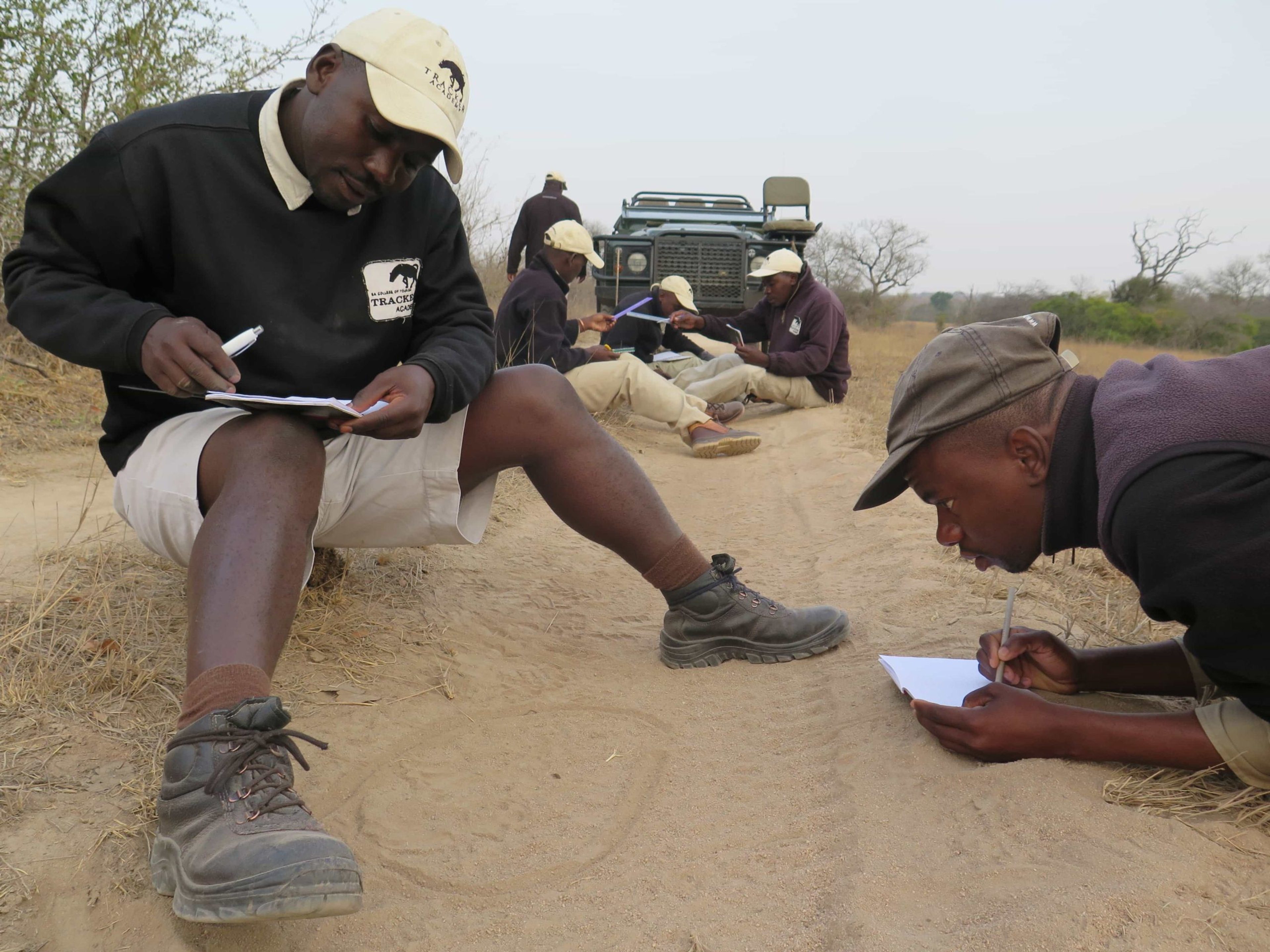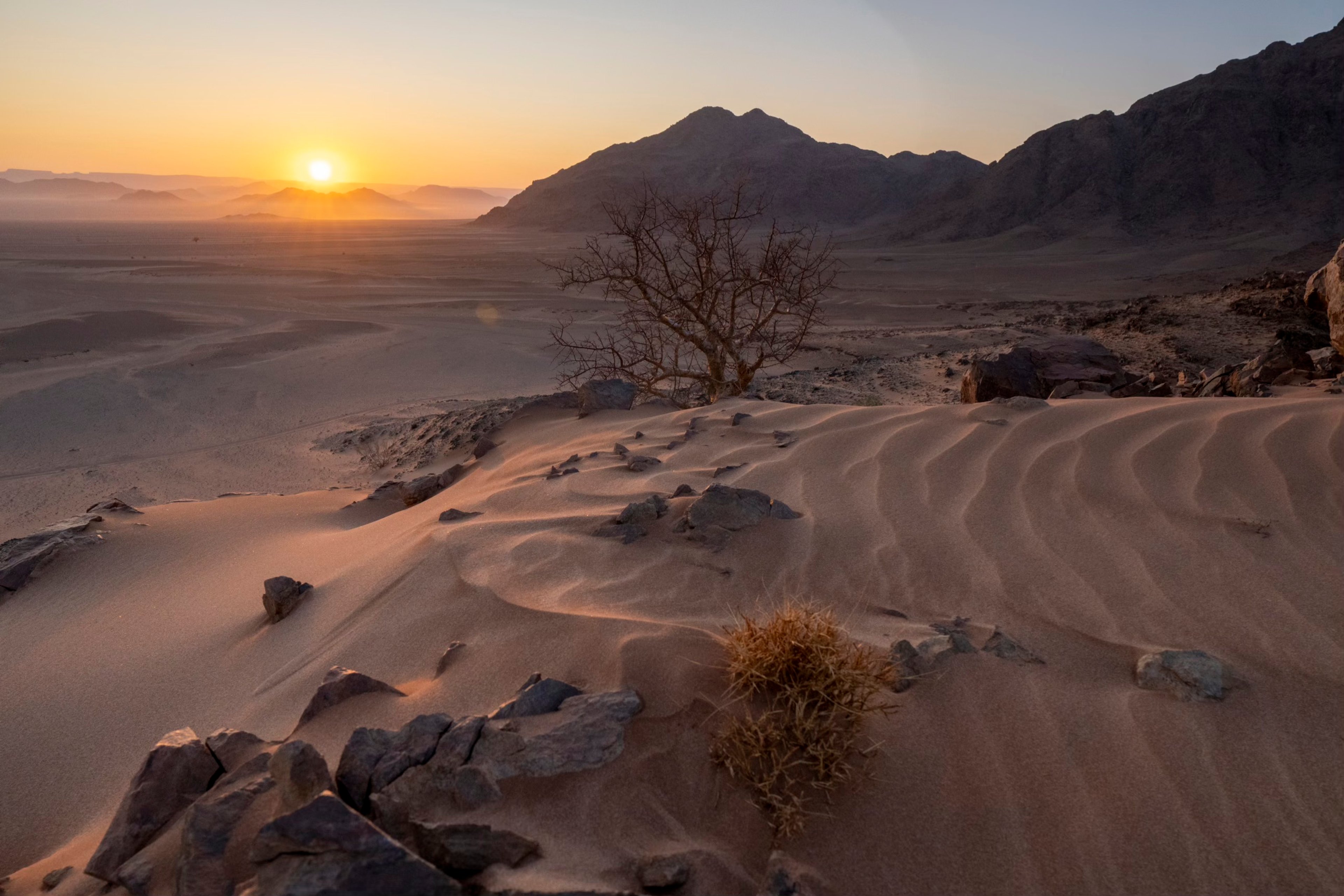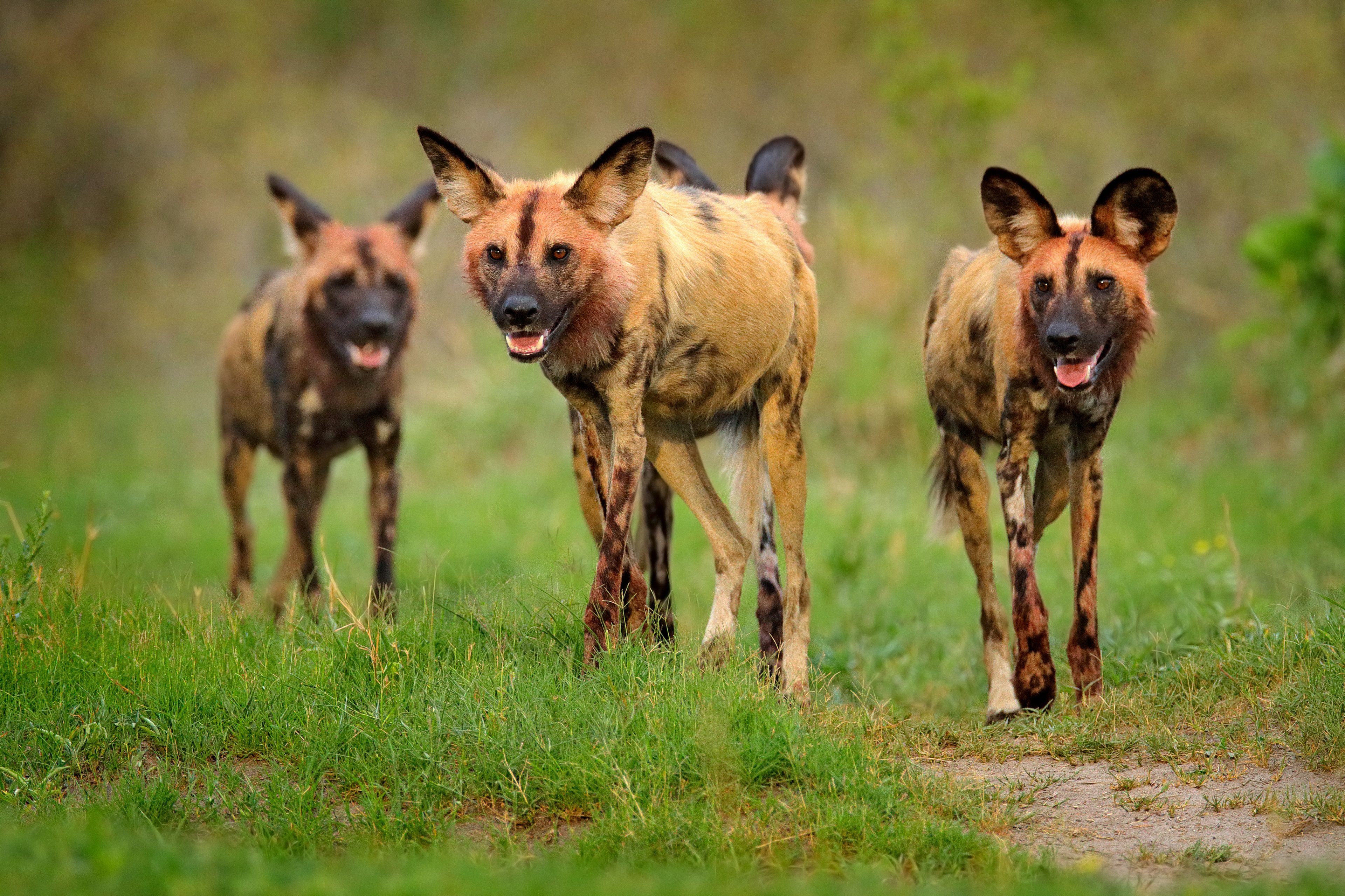"The enormous knowledge and skills required to track animals in the wild is one of our most indigenous art forms," says Deborah Calmeyer, CEO and founder of ROAR AFRICA. "Wildlife tracking is an ancient skillset that evolved out of necessity and has been critical to our survival as humans." As such, it stands to reason that a knowledgeable tracker is as critical to a good safari experience as he or she is in communicating the importance of conservation.
This concept was brought home to Deborah on a trip to Kruger National Park, when a wildlife tracker unobtrusively disembarked from the vehicle and strode off confidently into an area alive with many animals including, the Big Five. "We were all in total awe at his sense of calm and confidence in the bush," says Deborah, who was all the more impressed when he radioed to report that he had located the 19-strong pride of lion our group was longing to see. "His ability in tracking the lion spoor, predicting the behavior of the pride and then successfully leading us to them was thrilling for those of us who have long lost confidence in our senses."
In days of old, the success of good tracking was so important to human survival that it was viewed as a mystical skill, much like water divining. But in recent years, the decrease in wilderness areas as a result of rapid urbanization has put these skills in danger. That is, until the Tracker Academy—the first school of its kind—opened in South Africa in 2010.
The Tracker Academy was the realization of a long-held dream for ranger Alex van den Heever, who first identified the need for such a school when he started working as a game ranger in 1995. "My greatest gift was being assigned Renias Mhlongo as my tracking partner," says Alex. "Renias’ knowledge—spanning some 32 years—was an incredible educational discovery for me," recalls Alex. "I realized that there was no formal educational qualification that imparted tracking skills to a new generation, and no organization which professionally trained and deployed trackers in conservation jobs for the benefit of the preservation of our wildlife and wilderness spaces."





